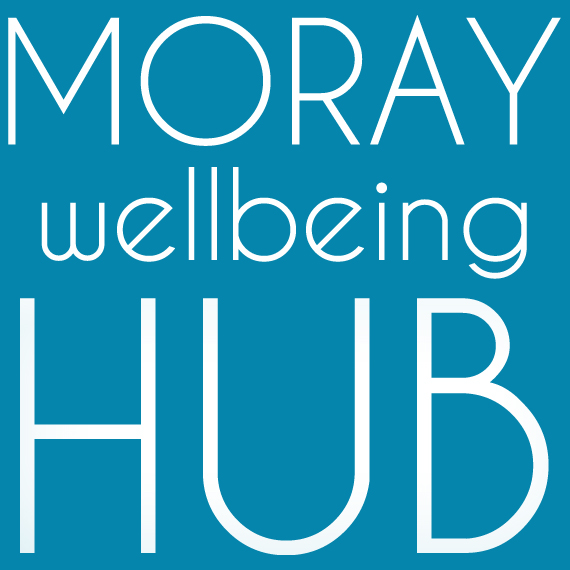Thank you to Champion Nadine, who attended the event, for this excellent and thorough report.
Note: we are hosting a focus group event on January the 25th in Moray regarding inclusion with Support in Mind. For details visit our ‘Events’ page.
This was a mental health event that aimed to discuss the results of a major survey into mental health in rural areas run by the SRUC ( Scotland’s Rural college) in partnership with Support in Mind Scotland, and held in Edinburgh at the end of November.Stakeholders with experience of living or working in rural Scotland represented different charities and organisations involved in this sector. The event proposed a variety of changes that are necessary within the mental health sector, for example, a stronger cross-sector partnership of key stakeholders.
The main reason proposed to run the study was the lack of data investigating the impact of rurality on mental health and well-being. Of the 343 individuals who took the survey a big cluster of responses was noticeable in the Inverness region and Moray. Overall clusters of responses were recorded in rural areas around bigger cities such as Inverness which may be a result of the information gathered on the individuals as only the first three digits of the postcode were recorded. One of the proposed outcomes of the data analysis was the feeling of mental well-being to be significantly lower in rural Scotland than urban Scotland.
Analysis of the gathered data proposed gender differences to be less noticeable when comparing the results with the National Survey which was run in 2014. This may be an indication that gender equality has allowed men to be more open about their mental health. A further interesting finding of the survey indicates that lower mental health has a significant link to lower income. Individuals also seemed to have a split view whether living in a small community can contribute to better mental health. While being part of a small community was described to be experienced as supportive, individuals also pointed out that the closeness within the community increases the risk of stigmatised views on individuals with mental ill-health. Additionally, individuals indicated to feel ignored and missing support whilst also stating that they would feel unable to speak about mental health.
The above findings of the survey were then discussed with the group of stakeholders and some key questions as well as changes were put forward. The main issue addressed within the discussion was the issue of how to address mental health and find the “ultimate goal” to achieve better mental health and services in this sector. Ultimately, it was stressed that a press for more resources was necessary in order to support rural areas in mental health. It is, however, a big task to use the enormous data gathered from this study to improve mental health according to what individuals require not only to improve mental well-being but also to de-stigmatise mental health in society.
A very interesting idea put forward was the importance of a sense of community as loneliness and isolation are main factors influencing mental well-being. Therefore, it may be important to address loneliness and isolation not only in a geographical manner but also in a sense of belonging. Connecting people in order to create a sense of community was, therefore, a main change proposed to be necessary. Within this then existing community it would, however, be important to investigate stigma surrounding mental health.
How can we reach out to individuals who don’t want to talk? A few ideas suggested throughout the discussion included online campaigns which could be used to join the different organisations together in order to give one united message. Furthermore, terminology and language used when addressing mental health should be looked at so that individuals seeking support are able to identify with the campaigns.
Another, very important, issue addressed was the importance of peer support which could additionally help to reduce stigma and therefore normalise the discussion and support early intervention. Finally, whilst individuals who are experiencing mental ill-health are the group in society addressed in this study, it is also important to look at ways how carers and family members can be supported. Thus a more open discussion is needed so that not only individuals with mental ill-health but also those knowing someone they wish to support receive the necessary guidance.
Looking at the above mentioned outcomes, key questions and changes proposed throughout the mental health event in Edinburgh, it seems that the Moray Wellbeing Hub will be able to positively contribute towards achieving the desired outcomes. With our work within the community to provide peer support, e.g. through WRAP workshop or the planned pop up cafes, we can support people with mental ill-health through peer support in order to build this sense of community which is of significant importance to reduce stigma and support early intervention. Furthermore, trying to join up local organisations will allow a more united message and easier access to individuals in need of support. It would also be very interesting to try and find ways to reach out to those individuals who stated they felt unable to openly speak about their mental health whilst also feeling ignored.
Finally, on a more personal note I want to thank Heidi, Frances Simpson (Support in Mind Scotland), and all other Champions to make it possible for me to attend this event and I look forward to our journey and the development of the Moray Wellbeing Hub.
Individuals involved in running the survey:
Sarah Skerratt, Professor
Director, Rural Policy Centre, Scotland’s Rural College (SRUC) / Associate on Secondment, Audit Scotland
Dr. Elliot Meador, Rural Society Researcher, SRUC






